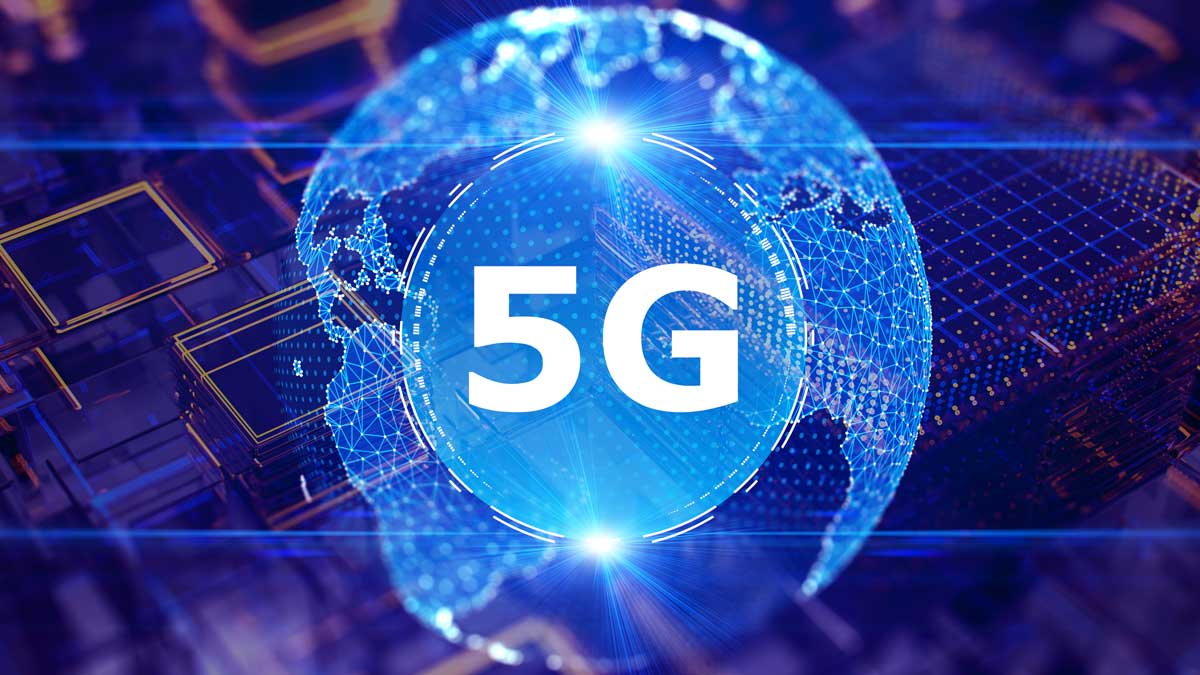In the ever-evolving landscape of gaming, Microsoft’s Xbox is undergoing a transformative journey that increasingly aligns with the world of PC gaming. Recent statements from Microsoft Gaming CEO Phil Spencer and internal memos hint at significant shifts in the Xbox platform, blurring the lines between Xbox and PC gaming. As Microsoft pushes forward with innovations, it is clear that the company is positioning itself to integrate these two gaming worlds like never before.
Xbox Series X: A “Next-Gen PC”
When the Xbox Series X was first reviewed nearly four years ago, many likened it to a “next-gen PC” due to its powerful hardware and graphical capabilities, which closely resembled high-end PC gaming systems. The Series X, with its teraflops and lightning-fast SSD storage, set a new standard for console performance, and it became clear that Microsoft was no longer treating the console market as separate from the world of PC gaming.
Fast forward to today, and Microsoft is taking this concept even further. The company’s vision of breaking down the barriers between PC and Xbox gaming has only intensified, with new projects and strategies aimed at unifying these platforms. As Microsoft gears up for the next generation of Xbox, it is poised to create a seamless gaming ecosystem that bridges the gap between console and PC gaming.
Phil Spencer’s Vision for the Future
Phil Spencer, the head of Xbox, has been vocal about the company’s plans to reshape the gaming industry. In recent statements and internal communications, Spencer hinted at collaborations with PC stores like the Epic Games Store and Itch.io. This move would represent a radical departure from the traditional console model, where exclusive marketplaces like the Xbox Store have long been the norm. By partnering with rival PC gaming stores, Microsoft is signaling its intent to create a more open and flexible ecosystem.
Such partnerships would allow PC games to run directly on Xbox hardware, giving players more choices when it comes to accessing games. This strategy aligns with Microsoft’s broader vision of making gaming more inclusive, accessible, and device-agnostic. However, opening the Xbox platform to competing PC stores also comes with challenges, particularly when it comes to hardware economics.
GameCore and Unified Game Development
At the core of this shift is GameCore, a project aimed at simplifying game development across both Xbox and PC platforms. GameCore provides developers with tools to create games that work seamlessly on both ecosystems, reducing the need to create separate versions for console and PC. This development approach lays the groundwork for a unified gaming experience, where games can be played on any device, whether it’s an Xbox console or a PC.
GameCore is designed to leverage the strengths of both platforms, ensuring that games take full advantage of the hardware capabilities of the Xbox Series X while maintaining compatibility with a wide range of PC configurations. This also helps reduce fragmentation in the gaming market, as players can enjoy the same titles on different devices without worrying about performance or compatibility issues.
Backward Compatibility and Game Preservation
One of Microsoft’s standout features in the Xbox platform has been its emphasis on backward compatibility and game preservation. This commitment ensures that older Xbox games remain accessible on newer consoles, allowing players to revisit classic titles without having to dust off outdated hardware. Backward compatibility has been a defining feature of the Xbox ecosystem and serves as another example of Microsoft’s efforts to bridge the gap between generations of consoles and between Xbox and PC gaming.
By preserving games and making them accessible across multiple platforms, Microsoft is ensuring that its vast gaming library continues to be relevant, even as hardware evolves. This approach not only benefits current Xbox owners but also reinforces the idea that the divide between Xbox and PC gaming is becoming increasingly blurred. Microsoft’s push for game preservation underscores its long-term vision of creating a unified, cross-platform gaming ecosystem.
Opening the Platform to PC Stores: Risks and Rewards
While Microsoft’s strategy to open the Xbox platform to PC stores like Epic Games Store offers exciting possibilities, it also presents risks. For years, the gaming console market has relied on exclusive marketplaces to drive sales and subsidize hardware costs. Opening up the Xbox platform to third-party PC stores could complicate this economic model, particularly if players start purchasing games outside of the Xbox Store.
However, there are also significant rewards to be gained from this approach. By embracing a more open ecosystem, Microsoft stands to attract a larger audience, including PC gamers who may not have considered purchasing an Xbox console before. The integration of Xbox and PC gaming creates a more inclusive environment, giving players more freedom to choose where and how they play.
Handheld Consoles: Expanding the Xbox Experience
Another exciting development on the horizon is Microsoft’s rumored foray into handheld gaming. Following in the footsteps of Valve’s Steam Deck, Microsoft is reportedly exploring the creation of its own handheld gaming device. This device would leverage the strengths of Windows and Xbox, offering players the ability to take their Xbox gaming experience on the go.
A handheld Xbox console would be a logical extension of Microsoft’s strategy to unify gaming experiences across platforms. By creating a device that runs Windows-based games as well as Xbox titles, Microsoft could create a compelling alternative to both traditional consoles and PC gaming laptops. This move would also align with the company’s broader goal of expanding the Xbox experience beyond the living room and into the hands of mobile gamers.
“Xbox Everywhere”: Integration Between Xbox and Windows
At the heart of Microsoft’s long-term strategy is the concept of “Xbox everywhere.” The goal is to make Xbox available on any screen, whether it’s a traditional console, a PC, or even a mobile device. By integrating Xbox and Windows more deeply, Microsoft envisions a future where every screen has the potential to become an Xbox gaming device.
This vision has already begun to take shape with services like Xbox Cloud Gaming, which allows players to stream Xbox games to a variety of devices, including smartphones and tablets. By further merging Xbox and Windows platforms, Microsoft is positioning itself to offer a truly unified gaming ecosystem that spans multiple devices and form factors. This could revolutionize the way players interact with their games, allowing for a more seamless and flexible gaming experience.
Conclusion: The Future of Xbox
Microsoft’s vision for the future of Xbox is one of openness, integration, and innovation. By breaking down the barriers between Xbox and PC gaming, the company is reshaping the gaming landscape in profound ways. With projects like GameCore, collaborations with PC stores, and the potential for handheld consoles, Microsoft is working to create a gaming ecosystem that is more inclusive and versatile than ever before.
However, these shifts also come with challenges, particularly when it comes to balancing hardware economics and maintaining a distinct identity for the Xbox brand. As Microsoft moves forward with these innovations, it will need to navigate these complexities carefully to ensure that the Xbox platform continues to thrive in an increasingly competitive market.
For those interested in staying up to date with the latest gaming devices, check out the best gaming laptops, which offer cutting-edge performance for both Xbox and PC gaming. And for the latest in online gaming experiences, explore the seamless integration of gaming platforms with AI-driven features.


